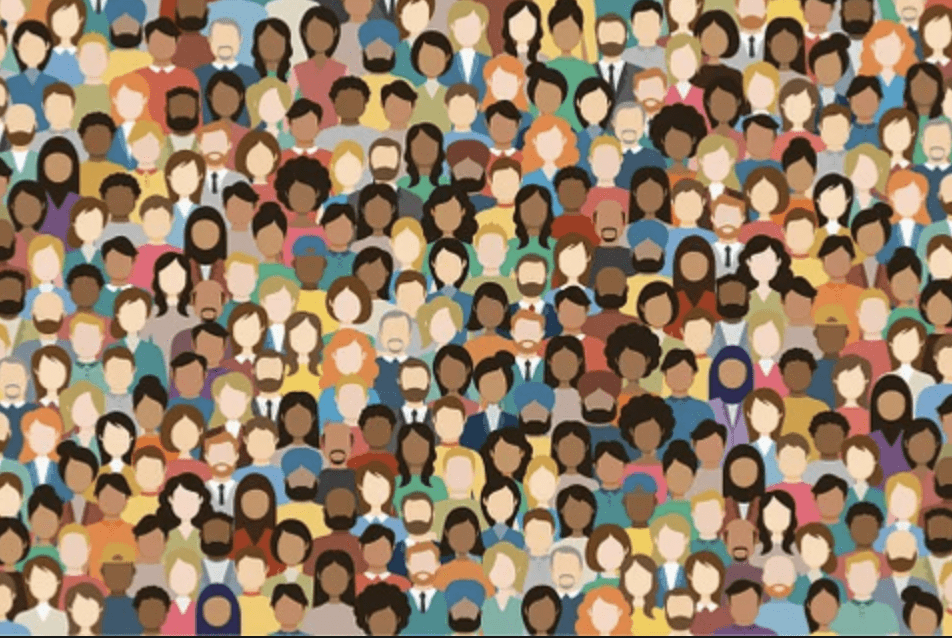Annette Sykes is one of New Zealand’s pioneers to get tikanga recognised in courts, change judicial and social attitudes, and protect the rights of Māori from institutional racism. She has worked in some of the most high-profile cases and is behind many of New Zealand’s improvements towards a country that is fair and equal both in principle and in practice.
In her guest lecture this year in criminal law, she said that she moved from Victoria to Auckland in the 1980s because there were four Māori students in her tutorials at Auckland as opposed to being the only Māori in the room at Victoria.
Diversity in workplaces, universities, and schools is an important goal (and issue). But a lack of diversity in law school is especially problematic. To make rules that account for our differences, we need to know what those differences are. If the law is designed to protect people, how can it accurately do so, when those who make it have tended to be from predominantly one background? Culture determines what we consider is normal and reasonable. How can we judge others fairly, when we are located within a specific vantage point? Our thought processes are colored by the places we come from and their values. Even the Greeks acknowledged that it wasn’t fair to make absolute judgments, since everything came from what could be a blinkered perspective. They couldn’t know if the Egyptians were the ones who were right all along.
When diversity is not accounted for, it usually means an objective point of view is imposed as if it is neutral. Julia Tolmie, a criminal law lecturer at the University of Auckland, said that in law, the reasonable objective person is often the Pākehā worldview, which can fail to accommodate different cultural dimensions and applies Pākehā norms and standards to Māori. Believing there is any objective reality silences or distorts the rainbow of realities.
My main point is this – if judges and lawyers are resolving disputes for people from a range of backgrounds, then we need diverse legal professionals to bring a varied mental toolbox to each issue and recognise that it is not fair to judge different cultures by reference to an objective standard. Diverse judges and lawyers can bring the wealth of knowledge from one culture and navigate the spaces in between them. They are comfortable with balancing competing values and doing justice to each system as equally worthy. Diversity and difference are assets to any workplace or classroom – they prevent thinking from being two-dimensional at best, and discriminatory at worst.
If you are a student from a minority background, are LGBTQ+ and you are considering law, you have an important strength. If we want to ensure we have real equality, the people who influence what direction the law moves in should be a part of Aotearoa’s diverse reality. Especially lawyers, who have to help clients of many backgrounds and are the ones responsible for putting forth arguments for judges to then choose from. The law is always changing to accommodate changing realities – people who are in tune today’s diverse world can bring this to the table and make sure the law isn’t crippled by as many blind spots. In the New Zealand Law Society’s 2013 census, 68% of lawyers identified as Pākehā, 6% as Other European, 14.9% as Māori, 7.4% as Pacific Peoples and 11.8% as Asian. There are 200 judges of Pākehā descent, 45 of Māori descent, 30 of European descent, and several other ethnicities – including three Asian judges. More progress needs to be made. This year, the Chief Justice spoke about judicial outreach efforts to make diverse lawyers aware of the pathways for judicial appointment, and the establishment of Te Awa Tuia Tangata, the Judicial Diversity Committee. Compare this to the International Court of Justice, the UN’s judicial branch, which requires that each judge must come from a different country.
So, if you come from a diverse background, you are someone who can view something from both sides, with empathy and sensitivity to each party’s point of view, and navigate the tricky spaces between cultures with knowledge of both. You can contribute to ensure the university offers a three-dimensional view of the world. You’re a strength to any team and can help make the future a fairer place, attuned to our differences rather than silencing them.
